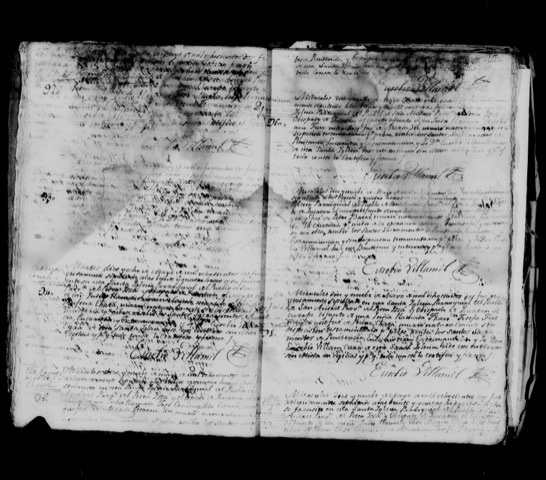Martha Few, Professor of Latin American History and Women’s, Gender, and Sexuality Studies
During the twentieth century, the cesarean operation became an increasingly common procedure employed on women from which both the woman and the fetus were fully expected to recover. In the eighteenth and early nineteenth centuries, however, this was not the case, and the operation was almost exclusively performed on women who were already deceased. This talk, an excerpt from a book project in process, addresses the ways that Indigenous cultural frameworks, gendered reproductive knowledge, and local colonialisms informed and shaped the postmortem cesarean operation as knowledge of the procedure traveled over time and space in the Spanish Empire. It uses case studies of a series of cesareans that took place in a mission in colonial Guatemala during a smallpox epidemic as an entry point to begin to explore the ways that Indigenous cultures and local conditions, as well as earlier histories of religion and conversion in specific colonial settings, influenced and shaped ideas about the postmortem cesarean operation as knowledge of the procedure traveled. The case studies are contextualized with Indigenous language postmortem cesarean manuals, Indigenous-Spanish language dictionaries, bilingual confessional manuals, and related materials regarding Mesoamerican, Andean, and Filipino ideas and cultures of pregnancy, fetal development, and childbirth as evidence for the ways that Indigenous medical practices and religious cultures in specific colonial locations interacted with the cesarean campaigns and shaped their implementation.


Occurrences
-
Tuesday, April 19, 2022, noon–1:00 p.m.